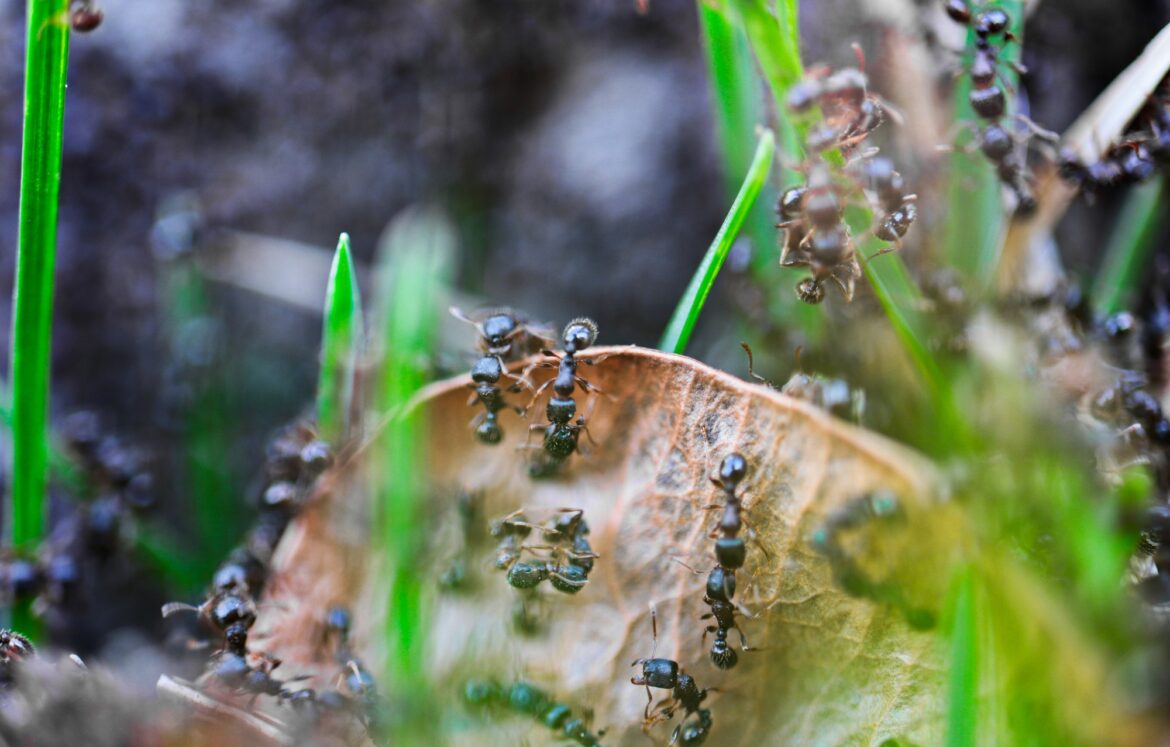Time Management Lessons from Nature’s Most Organized Creatures

Introduction: The Power of Nature’s Systems
When it comes to time management, there’s a lot we can learn from nature. Some of the most efficient and organized creatures on Earth have developed systems that allow them to accomplish incredible feats while maintaining a natural sense of balance. Whether it’s ants building complex underground colonies or bees creating perfectly symmetrical hives, nature’s systems are both efficient and sustainable.
In this article, we’ll explore how we can apply lessons from nature to our own time management strategies, creating more productive and balanced lives.
1. Ants: The Power of Teamwork and Planning
Ants are often hailed as the most organized creatures in nature. They work in teams, communicate effectively, and plan ahead for the future. Their success lies in their ability to work together toward a common goal and to manage resources wisely.
What We Can Learn:
- Collaboration: Ants rely on teamwork to accomplish tasks. In our own lives, effective collaboration can help us accomplish more and reduce stress.
- Planning: Ants plan for future needs, such as storing food for the winter. In time management, this teaches us the importance of long-term planning and preparation.
- Delegation: Just as ants delegate tasks based on skill, delegating responsibilities can free up your time and allow others to contribute to the goal.
By learning from ants, we can become better at collaborating, planning, and organizing ourselves and our teams for greater efficiency.
2. Bees: The Importance of Systems and Routine
Bees are masters of routine and structure. They follow a set system for building their hives, collecting nectar, and producing honey. Their ability to stick to routines allows them to create beautiful, functional structures while maintaining their energy and time.
What We Can Learn:
- Routine: Bees follow a regular, predictable schedule each day. Establishing a consistent routine can help us structure our day and eliminate time-wasting activities.
- Efficiency: Bees use their time wisely, completing their tasks without unnecessary distractions. Similarly, we can use techniques like time-blocking and task prioritization to stay focused on our goals.
- Balance: Bees know when to work hard and when to rest. It’s important to build in periods of rest and recovery to avoid burnout and stay productive.
By embracing the systems and routines of bees, we can bring more order and focus into our daily lives.
3. Dolphins: The Importance of Rest and Play
Dolphins are incredibly intelligent creatures, known for their playful nature and social behavior. Despite their playful antics, dolphins are highly efficient when it comes to tasks like hunting and navigating the ocean.
What We Can Learn:
- Rest and Play: Dolphins understand the importance of balancing work with play and relaxation. In time management, this teaches us that rest is essential for maintaining high performance and mental clarity.
- Mental Sharpness: Play and relaxation also help dolphins maintain mental sharpness, much like how taking breaks during our workday can help us stay focused and creative.
- Work-Life Balance: Dolphins also know the value of balancing social time with individual tasks. We can learn to balance work with personal time to maintain a healthy life.
Incorporating rest and play into our schedules is essential for avoiding burnout and ensuring long-term productivity.
4. Squirrels: Time Management for Long-Term Goals
Squirrels are known for their ability to plan for the future by storing food in the fall. They work tirelessly to gather supplies for the winter, and their success relies on their long-term planning and dedication.
What We Can Learn:
- Long-Term Planning: Just as squirrels plan ahead for the colder months, we can use goal setting and time management strategies to work toward long-term objectives.
- Consistency: Squirrels don’t try to collect all their food in one go. They gather a little at a time over weeks or months. Similarly, consistent effort over time leads to bigger achievements.
- Patience: Squirrels demonstrate the importance of patience in achieving long-term goals. It’s not about rushing through tasks but steadily making progress.
The lessons we can learn from squirrels include the importance of planning, consistency, and patience in achieving long-term success.
5. Beavers: The Importance of Building Strong Foundations
Beavers are known for building dams that are incredibly strong and complex. They take their time to build a solid foundation before continuing with their work. This deliberate approach leads to lasting results.
What We Can Learn:
- Build Strong Foundations: Just as beavers start by building a solid dam, we can apply the same approach to our work. Laying a strong foundation early on in a project will help ensure success later.
- Perseverance: Building a dam takes time and effort, just like completing big projects. Perseverance in the face of challenges is key to accomplishing our goals.
- Quality over Quantity: Beavers don’t rush their work, and neither should we. Focusing on quality over quantity leads to better results in the long run.
By following the beaver’s approach, we can focus on building strong foundations for our projects, which will help ensure their success.
Conclusion: Applying Nature’s Wisdom to Time Management
Nature is filled with time management lessons that can inspire us to be more efficient, organized, and balanced in our own lives. By learning from the most organized creatures on Earth — ants, bees, dolphins, squirrels, and beavers — we can implement their strategies for better productivity and time management.








